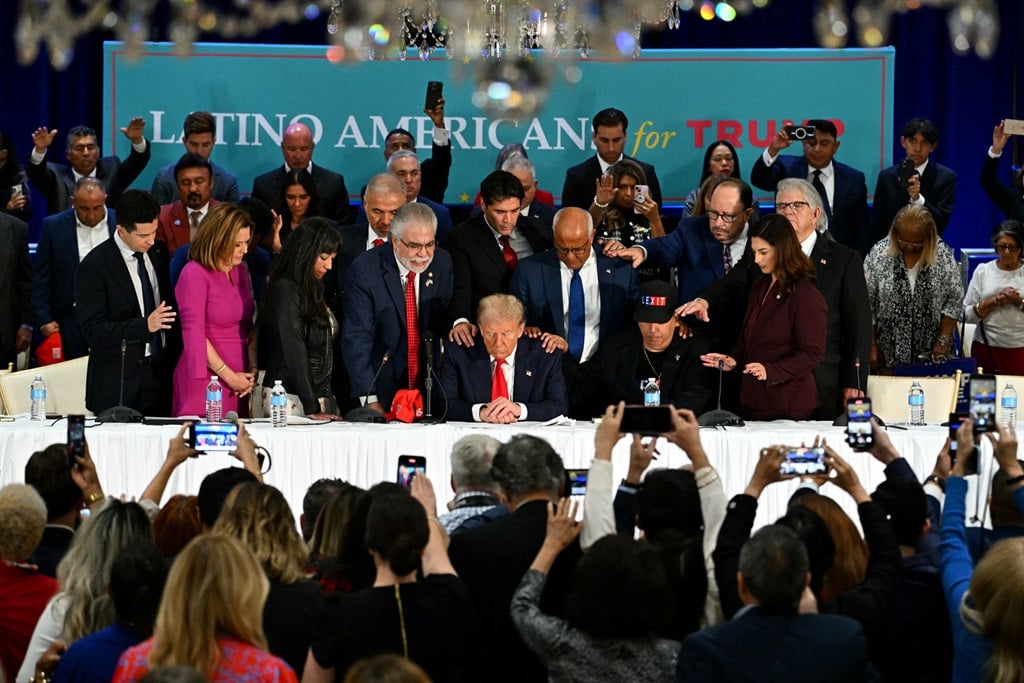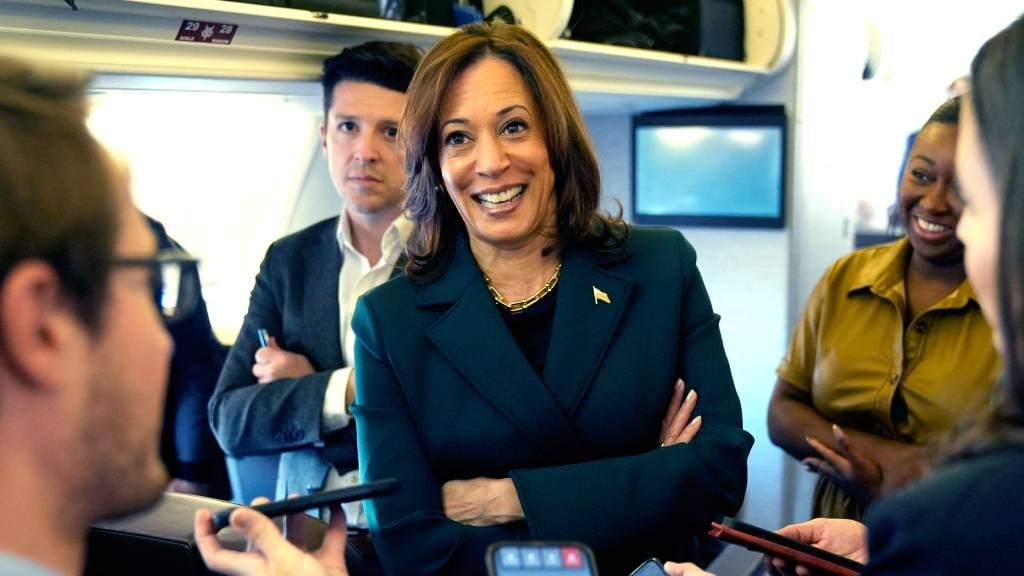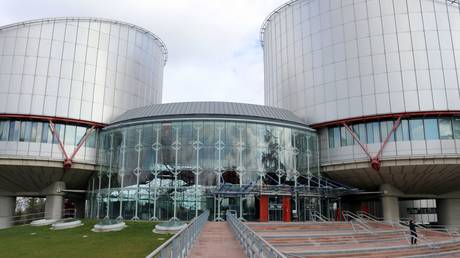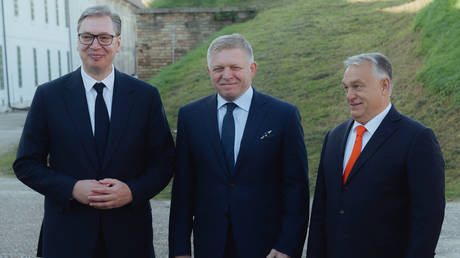There are more young people in the world today, estimated at between 1-2 billion people, than at any other time in history. Not only do young people account for a large proportion of the world’s population, they also represent powerful agents of positive change and continue to be drivers of socioeconomic growth and development.
Role of youth in growth and development
It is now well known that when young people participate meaningfully in the economy and wider society, there is greater socioeconomic growth and societies tend to be more cohesive. Additionally, youth tend to be extremely critical, inquisitive thinkers and they have the capacity to expose contradictions and biases, many of which are often completely overlooked or ignored by other segments of the population. At the same time, due to their boundless creativity and seemingly limitless enthusiasm, young people have the potential to offer fresh perspectives and propose or develop innovative solutions.
Furthermore, young people play a positive role in tackling a wide range of issues through advocacy, lobbying, volunteering, or their leadership of and active engagement in community-based or civil society initiatives. Alongside all of the above, a large body of compelling research conducted in countries around the world has affirmed the capacity of young people to build bridges of healing and reconciliation within post-conflict settings.
Among the best reflections of the centrality of youth to broad-based development and societal transformation is the prominence of place of youth within the United Nations (UN) 2030 Agenda for Sustainable Development. Ensuring the health, well-being, and rights of children and youth, as well as reaching those who are the furthest behind, is a prerequisite for achieving the 2030 Agenda and the Sustainable Development Goals (SDGs). More than one third of the UN’s SDG targets reference young people explicitly or implicitly, with a focus on empowerment, participation, and well-being, while paragraph 53 of the UN’s 2030 Agenda declares, “The future of humanity and of our planet lies in our hands. It lies also in the hands of today’s younger generation who will pass the torch to future generations.”
Commitment and policy
Eritrea is richly endowed with various natural resources. Home to a number of different ethnolinguistic groups, it boasts a colorful blend of beautiful cultures, and lively, vibrant diversity. The country’s long, pristine shoreline on the Red Sea holds significant potential for the establishment of a thriving blue economy, while its geo-strategic location, positioned along one of the world’s most important international maritime shipping routes, offers boundless opportunities to become a major transshipment and logistics hub. Furthermore, Eritrea’s rich biodiversity, abundance of unique socio-cultural and historical sites, untouched islands, and favorable climate, combined with its relative peace and security and the general warm hospitality of its people, present fantastic possibilities for a thriving tourism sector.
Above and beyond all of these advantages, however, Eritrea’s people, particularly its youth, are undoubtedly the country’s greatest resource and most precious asset. This has been articulated and explained in national documents, as well as by government officials. For instance, the country’s National Charter, which was adopted in Nakfa in 1994 and outlines the guiding vision for the nation, declares that, “Our greatest asset is our human resource.”
Moreover, in a 2022 voluntary national development report that was submitted to the United Nations, Eritrea’s Minister of Information, Yemane GebreMeskel, explained that, “the Eritrean government’s policy is and has always been firmly centred on investing in human capital and youth, which are, without question, our most important resource and greatest asset.”
The country has long worked for the fulfilment of child and youth rights and the reduction of their vulnerability in society. The first international convention ratified by the Eritrean government after the nation won its independence was the Convention on the Rights of the Child (CRC), while it also acceded to the African Charter on the Rights and Welfare of the Child (ACRWC) in December 1999, not long after the Charter formally entered into force – thus reflecting the very high priority accorded to promoting and protecting child and youth rights, well-being, and development. Children’s legal rights, freedoms, and protections are set out in national law and policies, while a national child policy document, which will further safeguard and promote the rights and general well-being of children, is in the process of drafting and finalization.
Today, there are a large number of policy initiatives and programs in place aiming to ensure that every Eritrean child and young person is protected, healthy, and educated, with a particular focus on the vulnerable. In addition to several policies and measures promoting inclusive education and health, strict laws prohibit child labour, trafficking, abuse, exploitation, under-age marriage, and female genital mutilation/cutting (FGM/C), with multi-stakeholder, cross-sectoral initiatives put in place to help address their underlying causal factors.
Of note, orphans, vulnerable children, and at-risk young people receive a broad range of support through the Ministry of Labour and Social Welfare (MLSW), different organizations, and government-supported host families and group homes, which protects them from a multitude of risks and helps to improve their standard of living. Several nationwide youth groups and associations, particularly the National Union of Eritrean Youth and Students (NUEYS) and the National Union of Eritrean Women (NUEW), exist to empower youth and children, provide them with the necessary skills, support and opportunities needed to reach their potential, and offer a platform through which their voice can be amplified and their engagement advanced. They also serve to celebrate the country’s rich ethnolinguistic diversity and promote mutual understanding, civic engagement, national cohesion, and unity.
Multifaceted contributions
Over the decades, young people in Eritrea – of all backgrounds and hailing from all of the country’s regions – have contributed immensely and in myriad ways to the nation’s development and progress.
Within the education sector, for instance, young Eritreans serve as teachers in communities across the nation, helping to propel the country’s significant progress in literacy and enrolments, as well as expand its human capital, while the country’s young health professionals administer care to people of all ages in all corners of the country, improving not just the health of individuals but the well-being of the entire nation. Additionally, young Eritrean graduates in a number of fields conduct pioneering and highly impactful research, as well as develop innovative solutions to improve lives and promote progress in a variety of sectors, such as agriculture and engineering. Late last year, during an extend trip to Eritrea, Akinwumi Adesina, President of the African Development Bank, positively noted the contributions of Eritrea’s young engineers to the country’s infrastructure.
Young Eritreans are also contributing to the nation’s significant climate change adaptation and mitigation efforts, particularly through their active participation in community greening campaigns, water conservation projects, and similar initiatives. As well, young Eritreans continue to play a prominent role in raising awareness and changing harmful, deeply embedded norms associated with important social issues, including those related to gender equality, disability, and mental health.
Notably, the local music, arts, fashion, and cultural scene in Eritrea is brimming with top talent and offers countless examples of young people’s remarkable creativity and imagination. Sports, too, are an inspiring showcase of young Eritreans’ distinction and excellence. Alexander Isak, playing in the English Premier League, perhaps the best in the world, just completed a fine season – which has led some of the world’s best clubs to express interest. Of course, at present, Eritreans – and many others across the world – are watching intently and proudly as Biniam Girmay continues to make history in France in the world’s most prestigious cycling competition.
Of course, in addition to everything else they have accomplished and contributed, young people in Eritrea have remained at the forefront of defending the country’s territorial integrity and protecting its hard-won sovereignty. Doggedly committed to their sense of patriotic duty, they have heroically foiled years of external aggression and various efforts to roll back independence.
It is indisputable that Eritrea’s young people are a strong testament of the driving force of youth within development and nation-building. Standing upright and remaining unflinching, they face what are often daunting challenges with grit, resilience, and determination. Selflessly, quietly, yet proudly, they continue to substantively contribute to meaningful and sustainable change, greatly enriching their communities and the nation as a whole.




